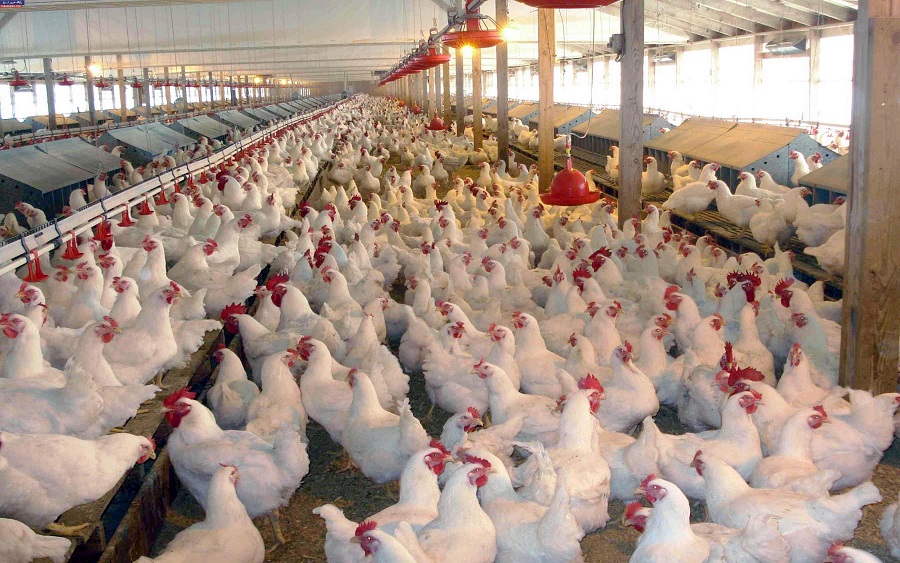The closure of Nigerian land borders by the Nigerian Government seems to be yielding positive results as it has reportedly saved the local poultry industry more than N50 billion since its commencement.
Although the border closure has been widely criticised by many people who believe it has increased the hardship of Nigerians, it has also received accolades from some. One of the people who supported the move is the former Vice-Chancellor, Federal University of Technology, Prof Biyi Daramola, who said the impact of cheap farm produce import coming through Benin Republic had reduced because of the closure.
The move, which happens to violate the Economic Community of West African States (ECOWAS), Trade Liberalisation treaty is no doubt helping to boost local production.
What you should know: Nigeria consumes two million tons of poultry yearly, 70% of which is imported from abroad. However, according to Daramola, the closure has helped to reduce the high consumption of imported poultry.
Other areas border closure has helped: Apart from poultry farmers, the beneficiaries that have gained from the restriction of rice and frozen foods into the country among others include rice farmers and butchers.
[READ ALSO: Nigerians should endure pains of border closure – Customs boss, Hameed Ali]
Rice farmers have gained from the policy because rice is generally consumed by Nigerians almost all the time, in fact, some Nigerians cannot do without it. Therefore, rice farmers are arguably the most beneficiaries of the border closure as local rice is now what people turn to. Despite the present state of the rice (dirt), Nigerians are left with no choice as it is the only rice available due to the border closure.
As a result of this, local farmers can be said to be in their prime as demands of their produce is on the high side.
Meanwhile, the closure, according to Daramola, has affected the country’s small businesses selling products across the sub-region, as they can no longer access such markets. He made known that trade across countries is now hindered because goods cannot be easily moved across borders anymore.
